People who are fully vaccinated sometimes assume that they no longer have to be as vigilant about taking safety precautions because they are “protected”.
While the vaccine does provide protection from COVID-19. Medical experts advise that you follow these recommendations to avoid complications and reduce risks:
- Do not get any other vaccines within 14 days of getting the Covid vaccine.
- Do not leave the vaccine site prior to the 15 minute waiting period is up.
- Do not assume that you cannot get the virus even if you have been fully vaccinated.
- Do not stop taking precautions when going out just because you have been vaccinated.
Until more information about the vaccine becomes available it is always wise to speak to your medical doctor about what you can and cannot do once you are fully vaccinated. If you would like to schedule an appointment with a physician at Flushing Hospital Medical Center, please call 718-670-5486.
All content of this newsletter is intended for general information purposes only and is not intended or implied to be a substitute for professional medical advice, diagnosis or treatment. Please consult a medical professional before adopting any of the suggestions on this page. You must never disregard professional medical advice or delay seeking medical treatment based upon any content of this newsletter. PROMPTLY CONSULT YOUR PHYSICIAN OR CALL 911 IF YOU BELIEVE YOU HAVE A MEDICAL EMERGENCY.


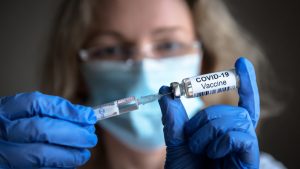

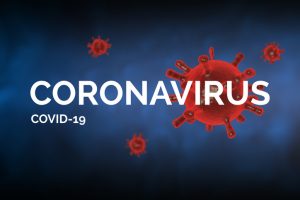
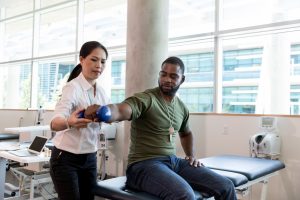

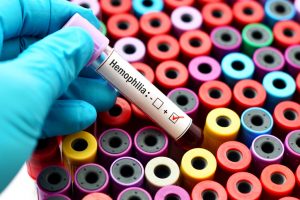

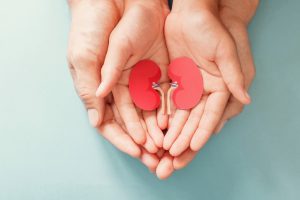
 Turmeric is a bright yellow spice that has been used for centuries in Asia, and today is promoted around the world as a dietary supplement. It is believed to have medicinal capabilities due to a powerful ingredient -curcumin- that has anti-inflammatory and anti-oxidant properties.
Turmeric is a bright yellow spice that has been used for centuries in Asia, and today is promoted around the world as a dietary supplement. It is believed to have medicinal capabilities due to a powerful ingredient -curcumin- that has anti-inflammatory and anti-oxidant properties.